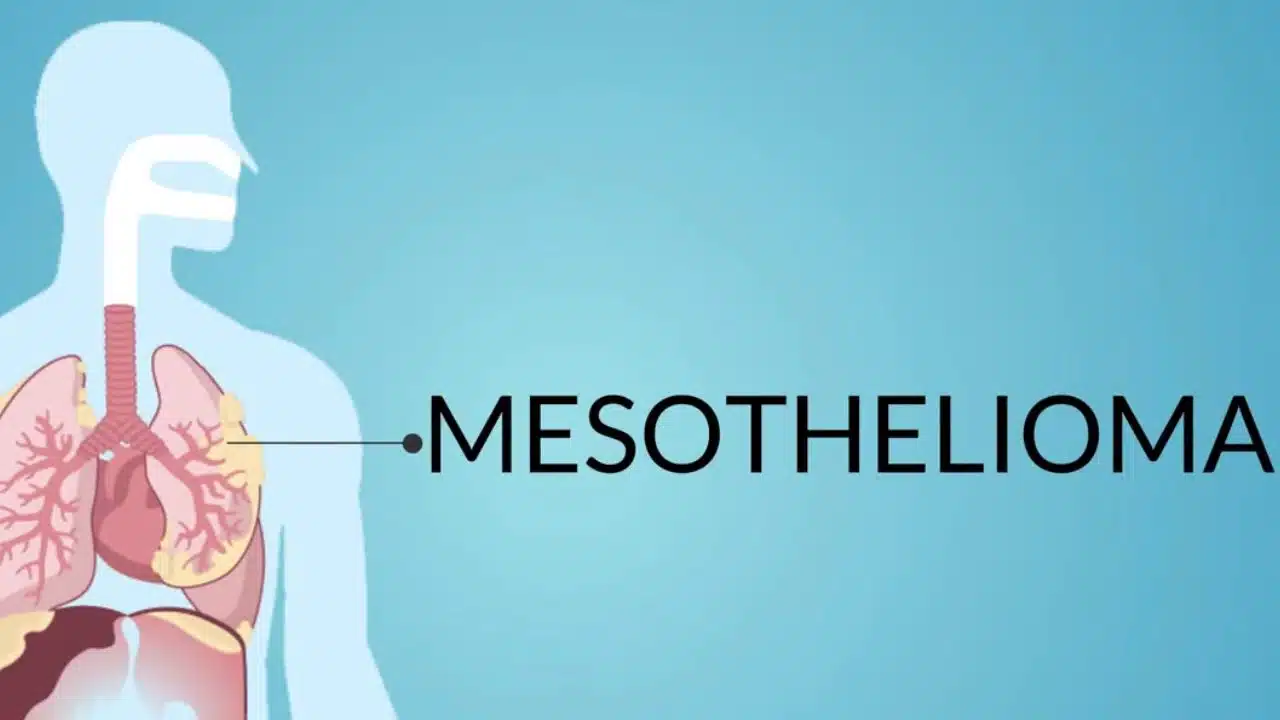Mesothelioma is a very rare and quite aggressive form of cancer that primarily affects the lining of vital organs, such as the heart, lungs, and abdomen. It’s almost always caused by exposure to asbestos, a dangerous naturally occurring material that was commonly used in many building and construction applications up until the 1970s.
Mesothelioma presents a number of challenges for those affected. For starters, it usually isn’t detected until the cancer has progressed. Secondly, the symptoms can be chronic, frustrating, and debilitating.
In this article, we’ll explore some of the different symptoms associated with mesothelioma and provide readers with a few suggestions for managing symptoms. Whether you are a mesothelioma patient, caregiver, or healthcare provider, we hope to offer you some practical strategies and information to help navigate this challenging disease.
Common Mesothelioma Symptoms
According to MesotheliomaGuide.com, “There are four stages of mesothelioma. Each stage has a general prognosis, or life expectancy, based on past studies and data. Most mesothelioma cases are diagnosed in Stage 3.”
By the time mesothelioma progresses to Stage 3, life expectancy is around 16 months. The cancer is no longer localized to the lining and lymph nodes have begun to be affected by the cancer cells. While surgery may be an option to remove the lung, there’s not much a surgeon can do for a Stage 3 patient.
There are several types of mesothelioma, with the most common form being pleural mesothelioma. This form affects the lining of the lungs. Other forms include peritoneal mesothelioma (impacting the lining of the abdominal cavity), pericardial mesothelioma (impacting the lining of the heart), and testicular mesothelioma (affecting the lining of the testicles).
While the exact symptoms tend to vary based on the stage and type of mesothelioma, common symptoms include:
- Persistent pain at the site of the cancer
- Breathlessness and difficulty breathing
- Chronic fatigue
- Persistent and painful cough
- Unexplained weight loss
- Digestive problems, like nausea, vomiting, and diarrhea
On top of the physical symptoms, there may be ancillary psychological symptoms caused by the underlying issues. This may include worsening stress, anxiety, and fear that often fuels depression and other emotional challenges. Seeking timely treatment for mesothelioma symptoms can help manage both physical discomfort and the emotional toll associated with the disease.
4 Tips for Managing Symptoms
While it’s often difficult to reverse mesothelioma, there are plenty of ways to seek relief and make yourself more comfortable. Here’s a look at several tips for managing symptoms and exploring mesothelioma treatment options:
-
Visit the Right Doctors
First off, you need to make sure you’re not playing your own doctor. Everything we’re about to say in the following tips doesn’t matter if you aren’t actively working with and listening to good doctors. This includes oncologists, pulmonologists, and palliative care specialists.
Your oncologist will help you develop an overall treatment plan for the cancer. The pulmonologist is an expert in lung and respiratory conditions and can help you address breathing-related symptoms.
Finally, the palliative care specialist is someone who will help you address symptom relief and pain management. They can even offer tools for handling the emotional side of things.
-
Adopt Holistic Responses
Don’t underestimate the power of a holistic response to your symptoms. This includes maintaining proper nutrition to sustain energy levels and support your immune systems. Key considerations include:
- A balanced diet rich in fruits, vegetables, lean proteins, and whole grains
- Hydration to prevent dehydration, especially if experiencing diarrhea or vomiting
- Consulting with a registered dietitian for personalized dietary recommendations
- Addressing dietary restrictions and sensitivities caused by treatment side effects
A holistic approach isn’t going to magically heal you, but it can have a significantly positive influence on your symptoms.
-
Exercise as Much as You Can
There will be times when you just want to stay in bed all day. However, it’s important to get as much exercise and physical activity as you possibly can. This will help improve muscle strength, reduce fatigue, and boost your overall well-being.
Having said all of that, be smart about the types of exercise you participate in. Keep it low-impact whenever possible. Swimming, walking, Tai Chi, and yoga are all great options.
-
Address Specific Symptoms
In addition to paying attention to your overall condition, there’s a time and place for addressing specific symptoms.
For breathlessness and chest pain, there are medicinal options. Consult your healthcare provider about medications such as bronchodilators or opioids that may alleviate breathlessness and chest pain. These should be used under medical supervision. The same goes for cough and respiratory issues.
For fatigue and weakness, rest and hydration are especially important. Over-the-counter pain medication can help with general pain and discomfort.
Adding it All Up
When it’s all said and done, mesothelioma is a challenging disease with numerous symptoms. Learning how to reduce and alleviate these symptoms can give you a better quality of life. As always, consult with your doctor for a personalized plan to treat your underlying condition and the associated symptoms.






































